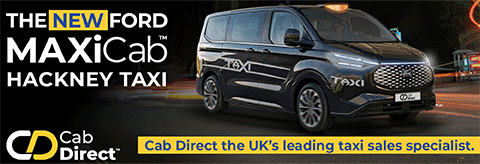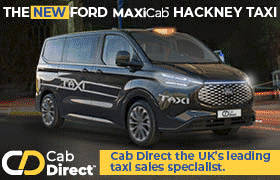Read another story
- FLYING UBER TAXIS SET TO TACKLE LONDON TRAFFIC BY 2030
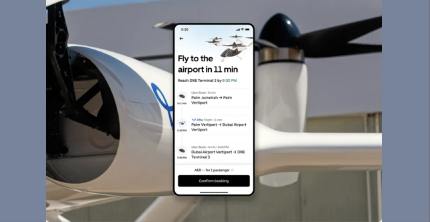
Uber’s chief product officer, Sachin Kansal, stated he would be “very disappointed” if the 2030 milestone was not met, noting that “London is going to be a very high priority market.”

- NEW LICENSING FEES ANNOUNCED FOR FOREST OF DEAN TAXI AND PRIVATE HIRE TRADE

The updated charges are scheduled to take effect following a 24-day consultation period, during which the public and trade members can submit objections.

- DARLINGTON TO SCRAP NIGHTLIFE TAXI MARSHALS AS PASSENGER HABITS CHANGE
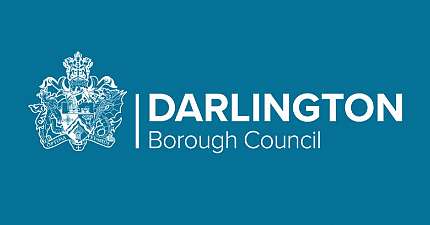
The initiative, which launched in 2021 to manage the post-pandemic surge in nightlife, will officially end following its final weekend of operation on March 27 and 28.

- TEENAGE BOY INJURED AFTER YOUTHS PELTING TAXIS WITH BRICKS AND STONES

The incident occurred on Marton Road at approximately 7:30 pm on Sunday, March 1, when a group of children began throwing objects at passing traffic.

- BRADFORD UBER DRIVER LOSES LICENCE AND TO PAY £930 FOR REFUSING PASSENGER WITH ASSISTANCE DOG
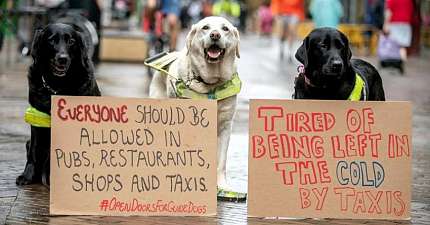
Syed Nafees Ul Hassan pleaded guilty at Bradford Magistrates’ Court to failing to accept the booking, which took place at Bradford Royal Infirmary last October.

- POLICE HUNT FOR SUSPECT AFTER BLACKPOOL TAXI DRIVER RACIALLY ABUSED
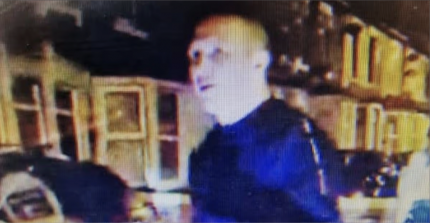
Detectives are investigating the matter as a case of racially aggravated public order which took place on Whitegate Drive at approximately 9:20pm on 16 January.

- MERTHYR TYDFIL PROPOSES FIRST TAXI FEE HIKE IN NINE YEARS

Local officials are reviewing fees for hackney carriages and private hire vehicles, noting that the borough’s current rates are among the lowest in Wales compared to neighbouring authorities.

- DISGRACED TAXI DRIVER JAILED FOR GROTESQUE CHILD FANTASIES AND SECRET BATHROOM FILMING
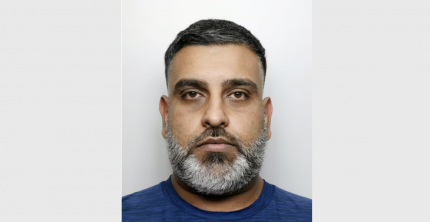
Rehan Farooq, 37, was caught following a police raid on his home in April, where officers found a hoard of indecent images and disturbing chat logs.

- PRIVATE HIRE DRIVER'S FURY AS BIRMINGHAM AIRPORT PARKING GLITCH SWIPES £1,955 IN AN INSTANT
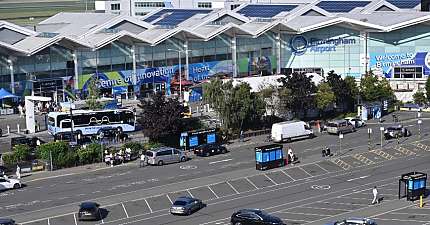
Ian Cook who runs PH firm Call Cookie, made two brief drop-offs at the Premium Set Down car park three days apart, but the NCP cameras failed to record him leaving the first time.

- BRITISH TECH FIRM WAYVE RAISES $1.5 BILLION TO LAUNCH LONDON ROBOTAXIS
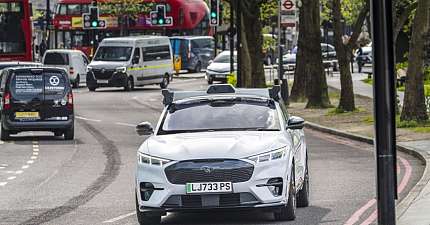
Major global players, including Microsoft, Nvidia, and Uber, contributed to the investment, alongside car manufacturers Mercedes-Benz and Nissan.

- DUNDEE TAXI FARES SET TO RISE 4.62 PER CENT THIS APRIL FOLLOWING COUNCIL APPROVAL

The decision came during a meeting of the local authority’s licensing committee on Thursday, February 26, as part of an annual review of taxi fares.

- TAXI DRIVER CAUGHT RED HANDED ILLEGALLY PLYING FOLLOWING MANCHESTER UNITED MATCH

Guru Fatay Ronuk Singh, 44, was spotted by undercover licensing officers on January 19, 2025, after United’s 3-1 loss to Brighton.

- TORBAY TAXI DRIVERS DISCIPLINED AFTER SERIES OF DRIVING OFFENCES

Two Torbay taxi drivers have faced disciplinary action following a council hearing to determine if they remain “fit and proper” to serve the public.

- CHELTENHAM PRIVATE HIRE DRIVER LOSES CROWN COURT APPEAL FOR LICENCE TO PAY OVER £4,000

private hire driver licensed by Cheltenham Borough Council (CBC) has lost his Crown Court appeal for the revocation of his licence after being found with bald tyres during 2025 March Festival.

- HAMMER WIELDING THUGS ROB WIGAN CABBIE IN LATE-NIGHT AMBUSH

The driver was waiting for a customer on New Street in Platt Bridge on December 29 when two masked men suddenly approached his black Hyundai Ioniq.

- SOUTH GLOUCESTERSHIRE PROPOSES NEW FEES FOR TAXI AND PRIVATE HIRE LICENCES

Under the fresh proposals, the cost of a one-year licence for both HCs and PHVs will be set at £265.20, while a five-year private hire operator’s licence is expected to cost £534.29.

- POLICE HUNT BIKE RIDER AFTER CASH STOLEN IN PLYMOUTH TAXI SMASH AND GRAB

The incident occurred on Stonehouse Street between January 9 and 10, when a thief shattered the vehicle's window to snatch £170 in cash takings.

- PORTSMOUTH CITY COUNCIL MAKES DAILY WALK-AROUND CHECKS OF LICENSED VEHICLES MANDATORY

Portsmouth City Council voted at a Licensing Committee meeting on Friday 20 February 2026 to implement, from the 1st April 2026, mandatory daily walk-around/ pre-use checks on all taxis and private hire vehicles.

- FRESH HOPE FOR JUSTICE AS 20 YEAR OLD GLASGOW BUSINESSMAN MURDER EVIDENCE IS REVIEWED

The 41-year-old, who owned the Taxi Centre, was discovered with catastrophic head injuries on the driveway of his Dowanhill home nearly 23 years ago.

- IPSWICH BOROUGH COUNCIL TO DEBATE SHIFT IN TAXI LICENSING POWERS
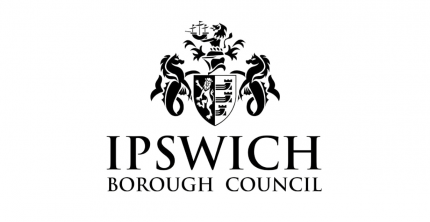
Ipswich Borough Council is preparing for a high-stakes discussion this week regarding a government proposal that could strip local councils of their power to license taxis and private hire vehicles.


